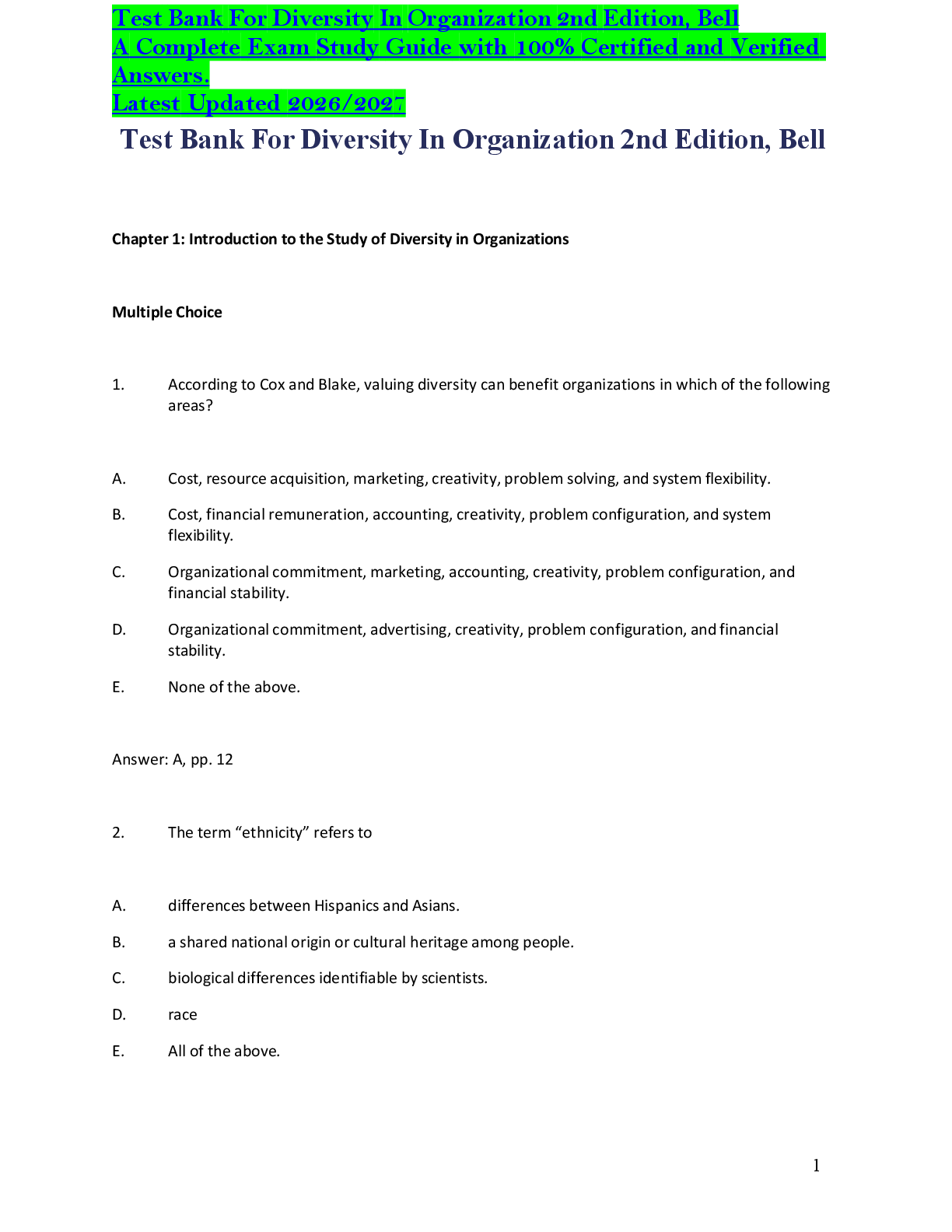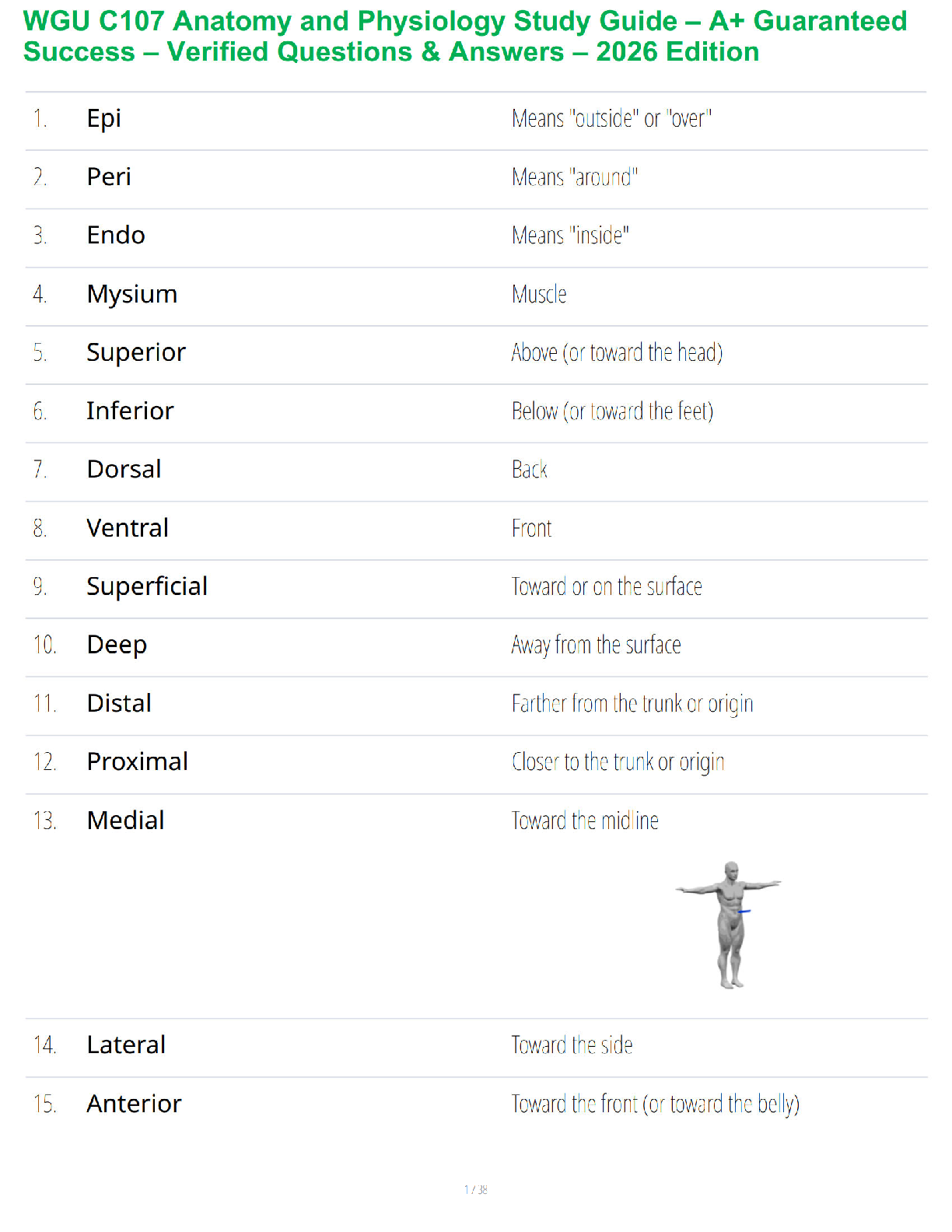BIO 171 Microbiology Module 6. Portage Learning. Module 6.1: Viruses
- Virus Composition: Size and Shape
• Viruses are small, non-cellular particles that cannot replicate unless inside a
living host cell. Viruses are
...
BIO 171 Microbiology Module 6. Portage Learning. Module 6.1: Viruses
- Virus Composition: Size and Shape
• Viruses are small, non-cellular particles that cannot replicate unless inside a
living host cell. Viruses are considered obligate intracellular parasites,
cannot replicate on their own.
• With regards to composition, all viruses have two basic components: (1)
genomic material comprised of either DNA or RNA and (2) a capsid, a
membrane-like protective structure that contains the genetic material,
similar to the nucleus of a eukaryotic cell. Unlike prokaryotic and eukaryotic
genomes, which contain a double-stranded DNA genome, the viral genome
is quite diverse. Viral genomes can be either double or single-stranded, and
they may be found in circular or linear arrangements. The size of viral
genomes can also vary from just a few thousand nucleotide base pairs
(about 7,700 bp for poliovirus) to roughly 2.5 million nucleotides (like
pandoravirus, which houses the largest known viral genome).
• Note: Compared to the bacterial genome of E. coli (about 4.6 million nucleotides)
or the human genome (about 3 billion nucleotides) the viral genome is surprisingly
small. While the pandoravirus (about 2.5 million), megavirus (about 1.25 million),
and mimivirus (about 1.2 million) are large, they are the exception and do not
conform to conventional definitions as the vast majority of viral genomes are much
smaller.
• For many viruses, an additional membrane called the envelope surrounds
the capsid. The envelope is derived from the host cell membrane and serves
as an additional barrier to the external environment. In contrast, a virus
simply surrounded by the protein capsid is referred to as a naked or nonenveloped virus. As an important distinction, the overwhelming majority of
animal viruses are enveloped whereas the majority of plant or bacteriainfecting viruses are not.
1
Thursday, September 16, 2021
• It is important to note that not all viruses appear the same. The differences
in virion composition can also significantly influence the shape and
appearance of the virus.
- The smallpox virus (variola virus) is enveloped, about 200 nm long, and
has a distinct dumbbell-shaped viral capsid (Figure 6.1A).
- The poliovirus is non-enveloped and only about 30 nm in diameter (Figure
6.1B). These differences can be observed using an electron microscope.
Although EM images are capable of resolving the differences in the shape
of the virus, looks can be deceiving.
- Paramyxoviruses and orthomyxoviruses are both
enveloped, spherical, and about 100-150 nm in
diameter, but they vary drastically in composition and
function (Figure 6.1C and D). Paramyxoviruses, the
causative agent of measles and mumps, contain a
single-stranded linear genome and fuse with the host
cell membrane to initiate entry and viral replication. In
contrast, orthomyxoviruses, the causative agent of the
flu, contain eight segments of RNA and enter the host
cell via endocytosis.
Module 6.2: Replication
- Viruses also require host cell enzymes in order to successfully replicate.
Outside of a host, cell viruses have no metabolism and are essentially
dormant—the virus takes up neither energy nor nutrients. Because of this
dependence, all viruses must possess a means for entering and exiting the
cell.
- How a Virus Enters a Cell to Initiate Replicating its Genome
• The viral envelope is often required to interact with and promote successful
entry into the host cell. As such, any proteins required for this interaction
must be present on the outer surface of the viral envelope. As the envelope
is derived from the host cell membrane, this camouflages the virus and
[Show More]




























